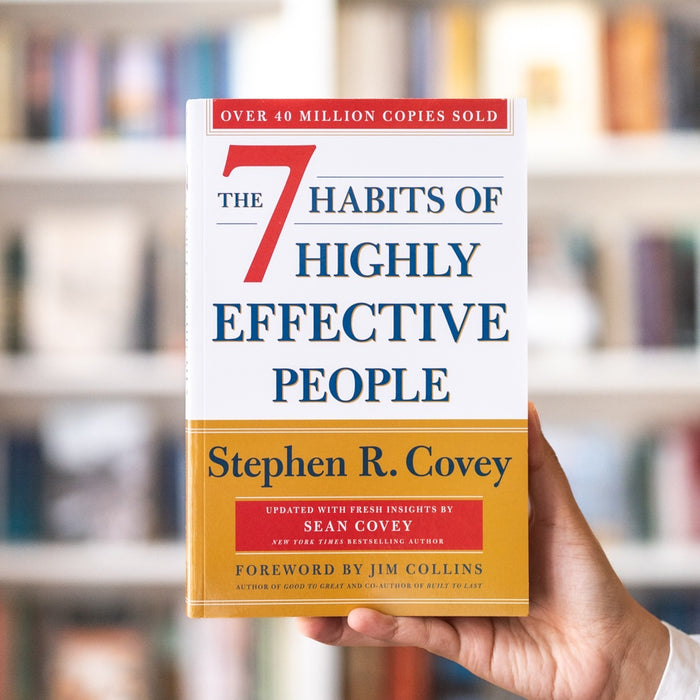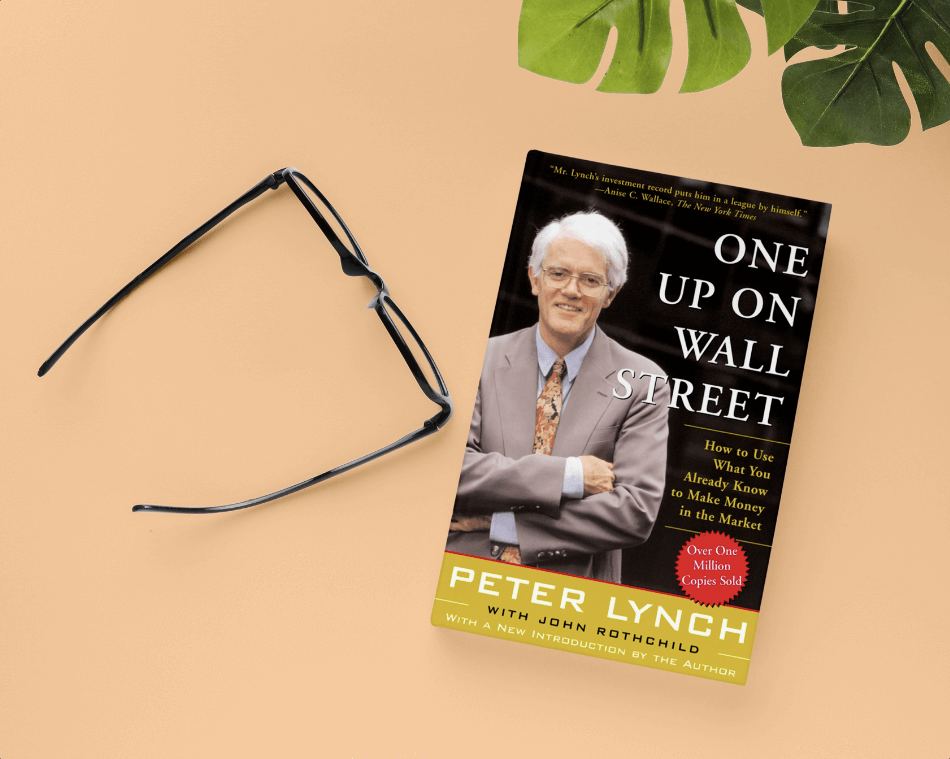Book Review: The 7 Habits of Highly Effective People by Stephen Covey – Lessons for Personal Finance and Investing

Stephen Covey’s timeless classic, The 7 Habits of Highly Effective People, provides powerful principles for achieving personal and professional success. These habits can also be applied to personal finance and investing, offering a roadmap for financial discipline, goal-setting, and collaboration. Let’s explore how each habit aligns with the journey of becoming a highly effective investor.
Habit 1: Be Proactive – Take Control of Your Financial Future
Being proactive means taking responsibility for your financial decisions and understanding that your future depends on the choices you make today. Instead of blaming external circumstances—like the economy or your upbringing—highly effective investors focus on what they can control:
- Budgeting: Proactively create a budget to track your income, expenses, and savings.
- Investing consistently: Commit to making regular contributions to your investment accounts, regardless of market fluctuations.
- Seeking knowledge: Take initiative by reading books, attending seminars, or consulting experts to improve your financial literacy.
A proactive investor doesn’t wait for the “perfect” time to start; they take action and adapt as they learn.
Habit 2: Begin with the End in Mind – Define Your Financial Goals
This habit emphasizes the importance of having a clear vision of your financial future. Highly effective investors start with well-defined goals that guide their actions and decisions:
- Retirement planning: Visualize the lifestyle you want in retirement and work backward to calculate how much you need to save and invest.
- Financial milestones: Set specific goals, such as buying a home, funding education, or achieving financial independence.
By keeping the end goal in mind, you can align your investments with your objectives, ensuring that each step you take contributes to your long-term success.
Habit 3: Put First Things First – Prioritize Your Financial Commitments
This habit is about focusing on what truly matters and avoiding distractions that derail your progress. In personal finance, it means prioritizing the essentials:
- Emergency fund: Before diving into investments, ensure you have an emergency fund to cover unexpected expenses.
- Debt management: Pay off high-interest debts before pursuing aggressive investment strategies.
- Automating savings: Set up automatic transfers to savings and investment accounts to ensure consistency.
Highly effective investors focus on tasks that yield the most significant long-term benefits, rather than getting caught up in short-term gains or unnecessary expenses.
Habit 4: Think Win-Win – Build Financial Partnerships
In investing and personal finance, collaboration often leads to better outcomes. This habit encourages you to seek mutually beneficial relationships with others:
- Group investing: Join investment clubs or savings groups (chamas) where members pool resources, share ideas, and motivate one another.
- Accountability partners: Work with a trusted friend, mentor, or financial advisor who can help you stay on track with your goals.
- Ethical investments: Consider investments that not only grow your wealth but also positively impact society, such as sustainable funds or community-driven projects.
Thinking win-win ensures that your financial decisions create value for yourself and others.
Habit 5: Seek First to Understand, Then to Be Understood – Master Financial Communication
Effective communication is vital when making financial decisions, especially with partners, family members, or advisors. This habit emphasizes active listening and understanding others’ perspectives:
- With a spouse or family: Understand their financial priorities and values before proposing a budget or investment plan.
- With a financial advisor: Clearly explain your goals but also take the time to understand their recommendations and strategies.
- In group settings: Listen to others’ investment experiences and insights before sharing your ideas.
By fostering open and honest communication, you build trust and make more informed financial decisions.
Habit 6: Synergize – Combine Strengths for Greater Returns
Synergy is the principle that teamwork produces better results than individual effort. In personal finance, this can mean:
- Diversified portfolios: Combining various asset classes, like stocks, bonds, and real estate, to reduce risk and maximize returns.
- Partnering with experts: Collaborate with financial planners, tax consultants, or investment advisors to benefit from their expertise.
- Leveraging family resources: Pool resources with family members for joint investments, such as purchasing property or starting a business.
Highly effective investors recognize the power of collaboration and leverage it to achieve greater financial success.
Habit 7: Sharpen the Saw – Continuously Improve Your Financial Skills
This habit reminds us of the importance of ongoing personal growth and self-care. For investors, it means continuously improving your financial knowledge and maintaining balance in your life:
- Lifelong learning: Stay updated on market trends, investment strategies, and personal finance techniques through books, podcasts, and courses.
- Health and well-being: Avoid burnout by maintaining a healthy work-life balance. Remember, your ability to earn and manage wealth depends on your physical and mental health.
- Networking: Surround yourself with financially savvy individuals who inspire and challenge you to grow.
Investing in yourself is just as important as investing in assets. The more knowledgeable and balanced you are, the better your financial decisions will be.
Final Thoughts: Habits for Financial Success
Stephen Covey’s The 7 Habits of Highly Effective People provides timeless wisdom that extends beyond personal development to personal finance and investing. By being proactive, setting clear goals, prioritizing wisely, fostering collaboration, and committing to lifelong learning, you can become a highly effective investor.
Remember, financial success is not about luck or shortcuts—it’s about cultivating habits that lead to consistent, intentional growth. Start applying these principles today, and watch as they transform your financial journey.






